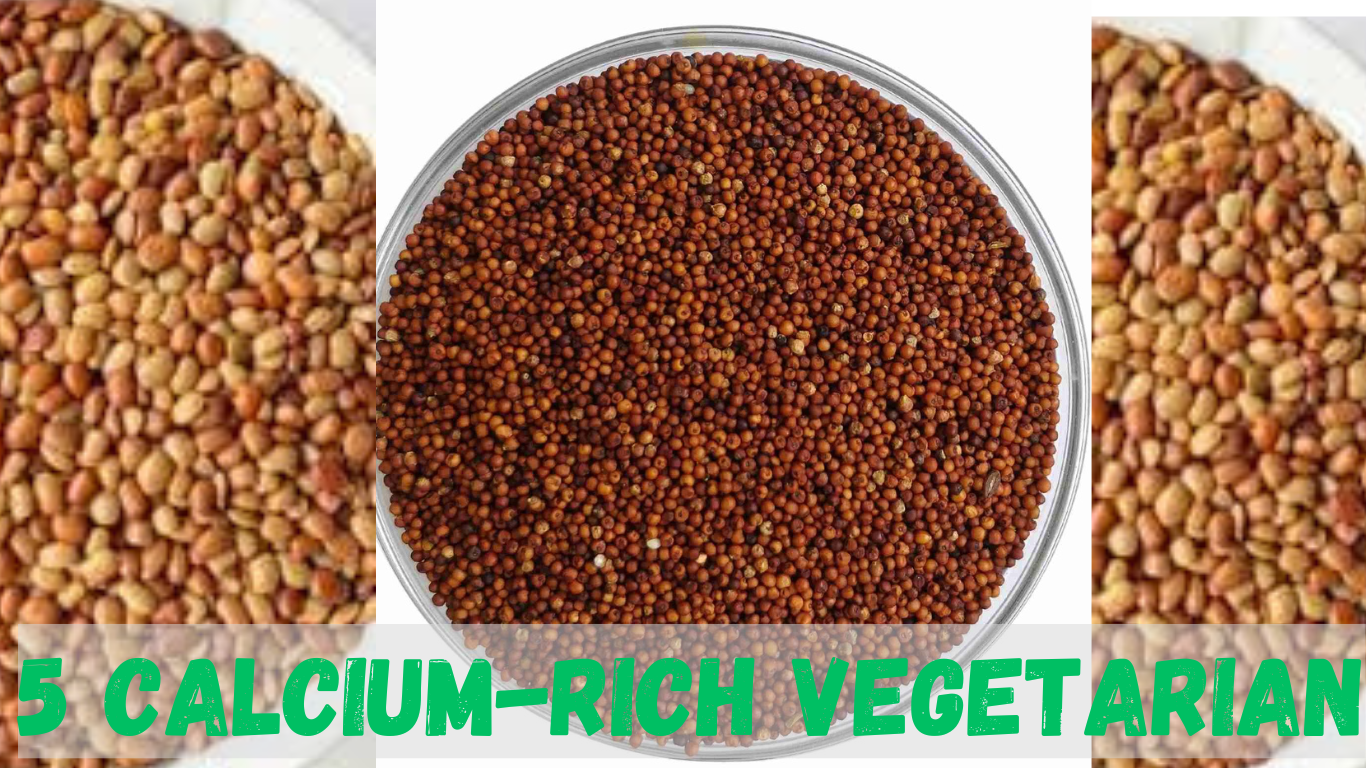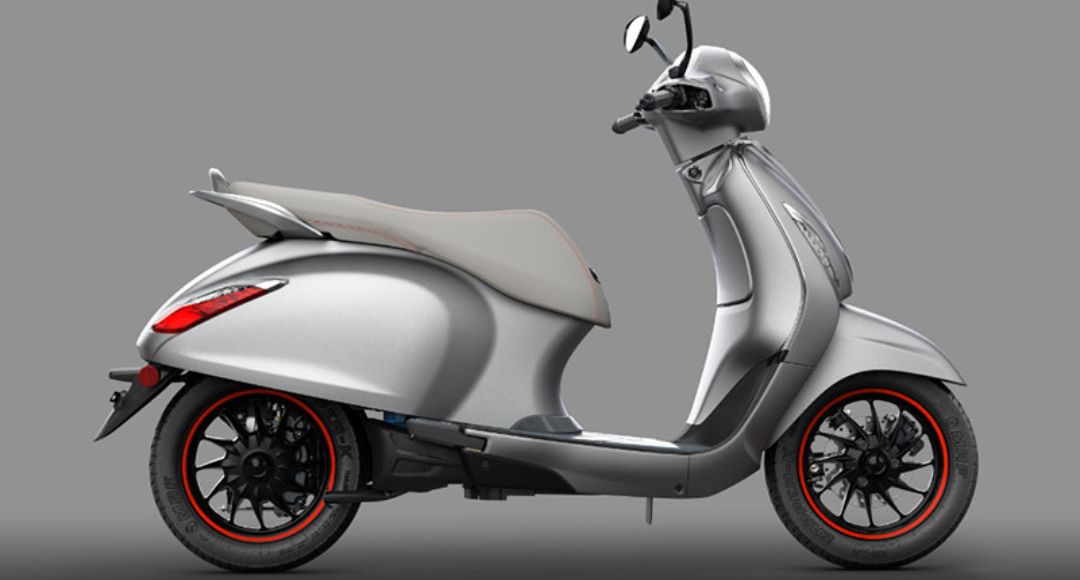Calcium plays a crucial role in strengthening bones and teeth, supporting heart, muscle, and nerve function, and preventing disorders like osteoporosis and arthritis. When calcium levels are low, the following symptoms may occur: lower back pain, neck pain, cracking joints, and frequent fractures. We cover 5 Calcium-Rich Vegetarian Foods in detail.
Causes of Calcium Deficiency
Calcium deficiency can result from poor dietary intake, low absorption due to weak digestion or medications, and lifestyle habits like excessive consumption of tea, coffee, or sugary foods. Dairy intolerance can also contribute, as bloating, gas, or diarrhea after consuming milk indicates poor calcium absorption. According to Ayurveda, excessive masturbation is another potential cause of calcium depletion, which can harm bone health if not addressed.
How to Ensure Proper Calcium Absorption?
To prevent kidney stones and maximize calcium absorption, pair calcium sources with healthy fats like curd or sesame oil. Avoid relying on calcium pills with water, as they may lead to deposits in the body. Incorporate Vitamin D from sunlight, mushrooms, or A2 dairy products to aid absorption and support overall calcium metabolism.
1. Rajgira (Amaranth)
Rajgira, also known as amaranth or ramdana, contains 340 mg of calcium per 100 grams. It is a complete protein source with all nine essential amino acids and is also rich in iron and gluten-free. Traditionally, it was mixed with boiled potatoes to make chapatis for fasting. You can prepare rajgira halwa as a calcium-rich dessert or use lal saag (rajgira leaves) in curries.
2. Ragi (Finger Millet)

Ragi contains 330 mg of calcium per 100 grams, making it a superior choice compared to wheat or rice. It is rich in potassium and iron, helping regulate blood pressure and boost hemoglobin levels. Include ragi in your diet by making ragi rotis, adding it to dosa or idli batter, or preparing ragi malt with curd and lemon juice for a nutritious breakfast.
3. Kulthi Dal (Horsegram)
Kulthi dal, or horsegram, provides 300 mg of calcium per 100 grams and is known for preventing kidney and gallbladder stones despite its high calcium content. Cook it like regular lentils, and rotate other calcium-rich pulses such as rajma, black chana, and moong dal in your diet for variety.
4. Sesame Seeds

Sesame seeds contain 975 mg of calcium per 100 grams. They are also packed with magnesium, manganese, zinc, and sesamin, which protects cartilage. Enjoy sesame seeds with jaggery in the form of laddoos or chikki during winter, add them to salads and curries, or use sesame oil for cooking and massage to enhance calcium absorption.
5. Choona (Limestone)
Choona, or edible limestone, is an extremely rich calcium source when consumed in minute quantities. Mix a wheat grain-sized pinch of edible choice with curd before breakfast or add it to dal or sabzi. Avoid mixing it with water, as fats are necessary for effective calcium absorption.
Read More :-
5 Beauty Myths That Are False Say Goodbye
If You Troubled In Winters Then Eat This Halwa
How To Go To Shimla In Just ₹510?
Hair Grow Tips: Do This In Just 10 Days, Hair Fall Will Reduce Automatically





















